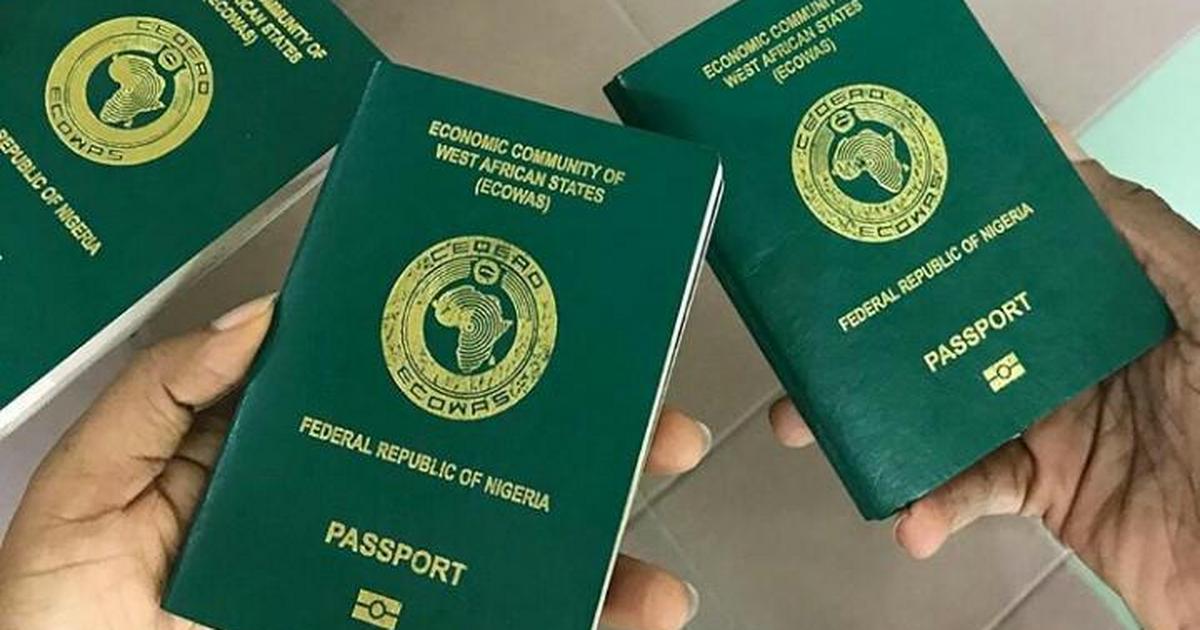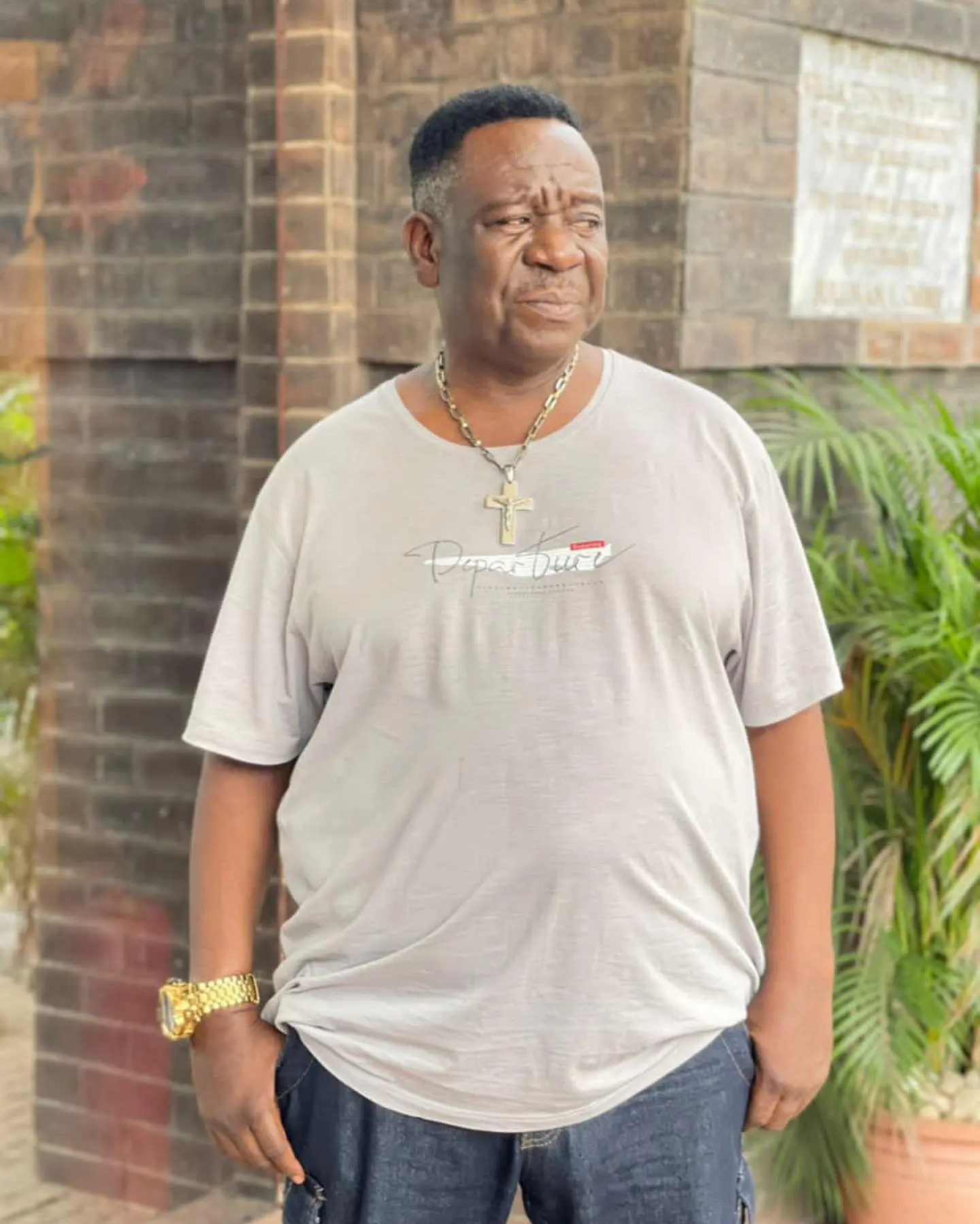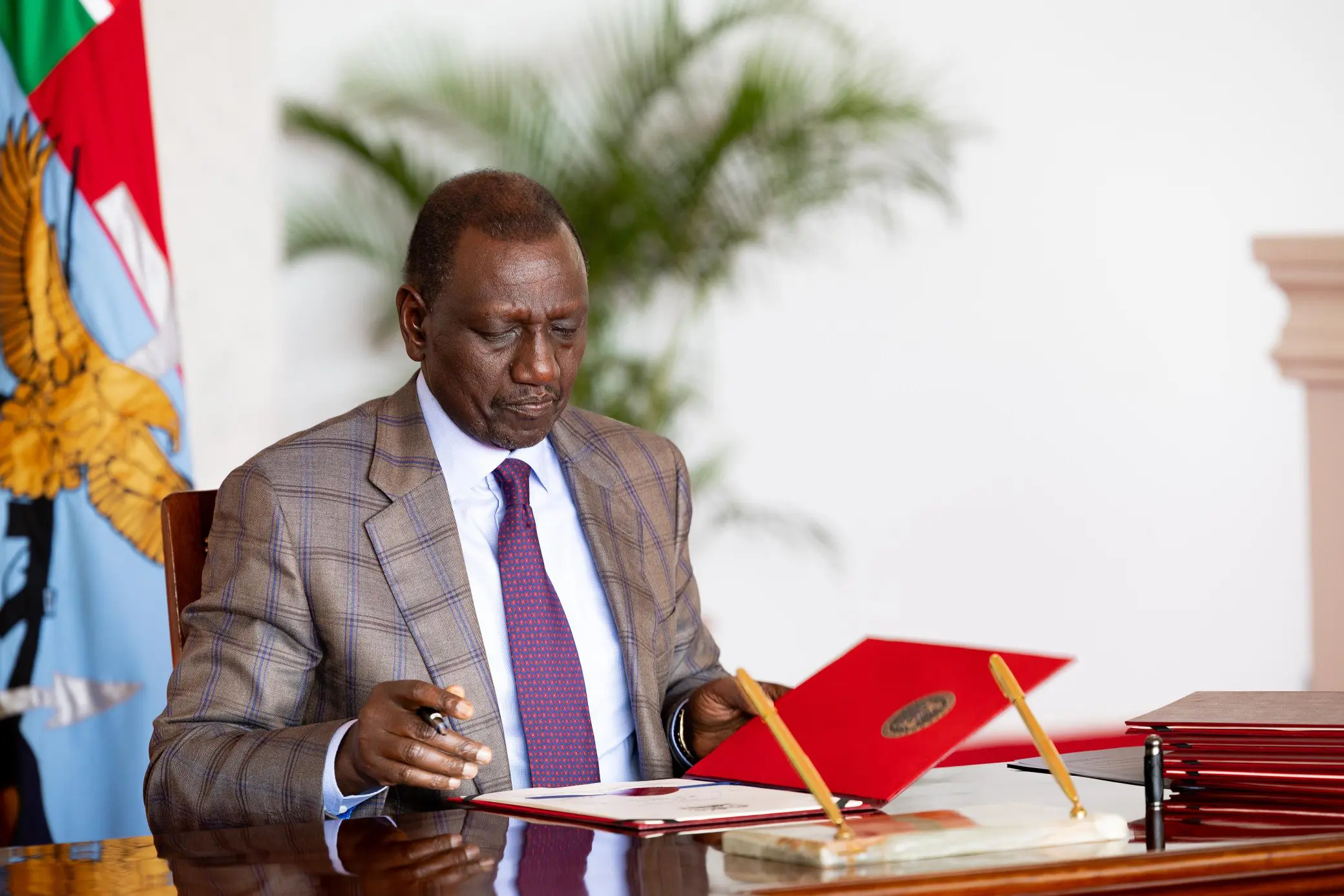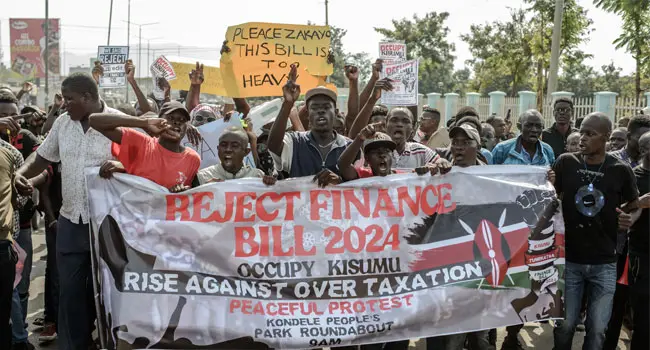The Nigerian High Commission in Nairobi has been accused of imposing excessive and unauthorized fees on Nigerians living in Kenya seeking passport renewal services.
Revd. Br. Moses Fegher, a Nigerian missionary working in Kenya, spoke with reporters on Thursday, revealing what he described as a new method of exploitation targeting Nigerians in the East African nation.
According to Fegher, the High Commission has introduced a $42 charge for passport renewal services, which is not part of the official fees listed by the Nigerian government.
Fegher explained that the fee is comprised of two components: a $30 “Cash on Delivery” (COD) charge and an additional $12 transaction fee.
He raised concerns over the transparency and legitimacy of these additional costs, particularly pointing out that the $30 COD fee is not for courier services, as one might assume, but rather a questionable surcharge.
The COD, according to Fegher, is a payment method where the recipient pays at the time of delivery, which he claims has been implemented in a way that burdens Nigerians who are already facing economic challenges.
He also pointed out that the fee had previously been paid in cash or via mobile payment service M-Pesa, but has now been integrated into the electronic payment system, with an increased rate— rising from Ksh 2,000 (around $20) to Ksh 5,045 (around $30).
“Additionally, you can’t pay directly with Nigerian currency, even if you have a Visa Card. As a Nigerian, you’ll still need to use a specific platform mentioned on the payment slip to buy the $180 at a rate of $12. Really?
“Convert this amount ($42) into Nigerian Naira to grasp the financial burden on Nigerians for services offered at the High Commission in Nairobi, Kenya,” he stated.
Fegher questioned why the Nigerian government has not provided clear guidelines on such fees, wondering if other Nigerian embassies across the world also impose similar additional charges for passport renewal services.
The missionary’s comments echo previous complaints he made in September 2022, when he accused the High Commission of being involved in passport racketeering and other forms of corruption.
At the time, Fegher expressed dismay over what he saw as a failure of the commission’s staff to represent the interests of Nigerians, particularly the younger generation who were supposed to be the beneficiaries of the government’s services abroad.
“The people working at the High Commission value their pockets more than the lives of the Nigerians they are sent here to protect,” Fegher said, lamenting that those entrusted with the welfare of Nigerians abroad were instead exploiting their countrymen.
Alao Babatunde, an aide to Nigeria’s Minister of Interior, Dr. Olubunmi Tunji-Ojo, when contacted for comment on the allegations, stated that he needed time to seek clarification on the matter, noting that such charges were not supposed to be imposed.
However, at the time of publication, no further response had been received.
Nigerian High Commission in Kenya faces allegations of exploitation over passport renewal fees



